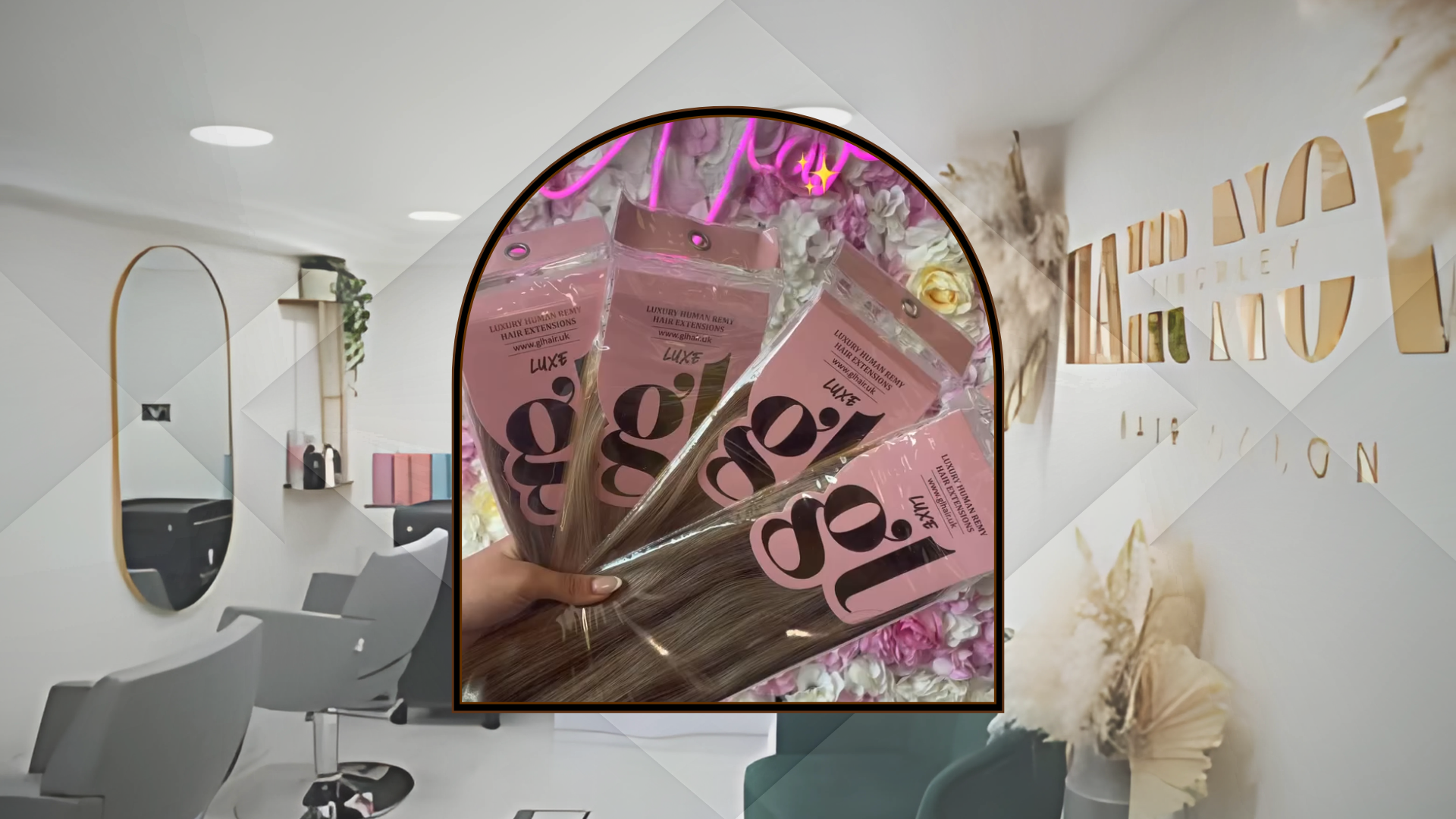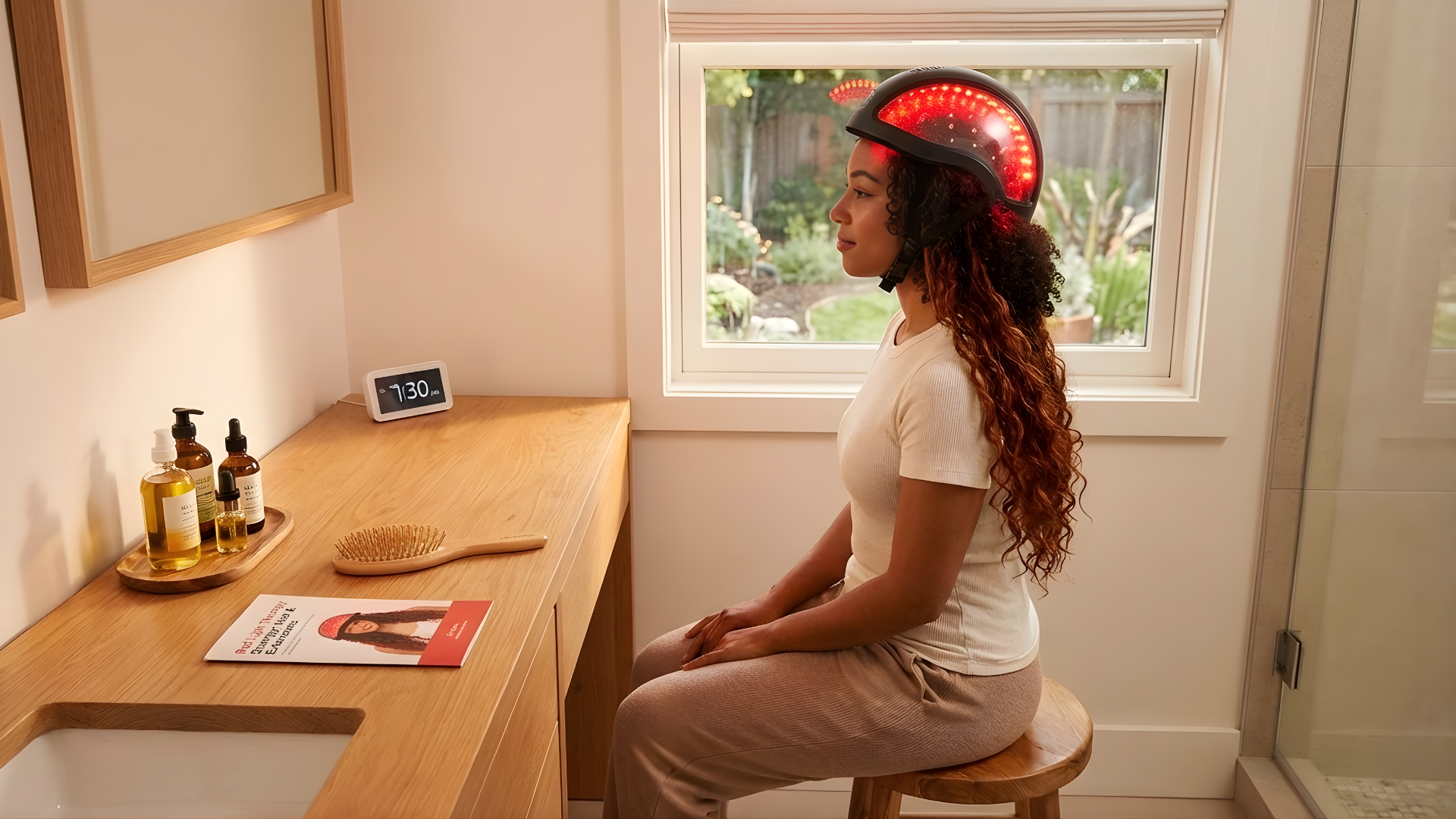We all know sustainable hair extensions can work wonders. Whether you’re after extra length for a dramatic makeover or just a little volume to give your style a boost, they can completely transform your look in a matter of hours. But here’s the thing — as gorgeous as they are, hair extensions, like so many beauty products, come with their own environmental baggage.
Over the past few years, more and more people have started asking an important question: Can I get beautiful, natural-looking extensions without harming the planet? And the answer, thankfully, is yes — but it’s all about making the right choices.
In this post, we’re diving into the world of Hair Extension Salon London — what it offers, why sustainability matters, and how to find brands and practices that help you look amazing while treading a little lighter on the earth.
A Beauty Industry Wake-Up Call
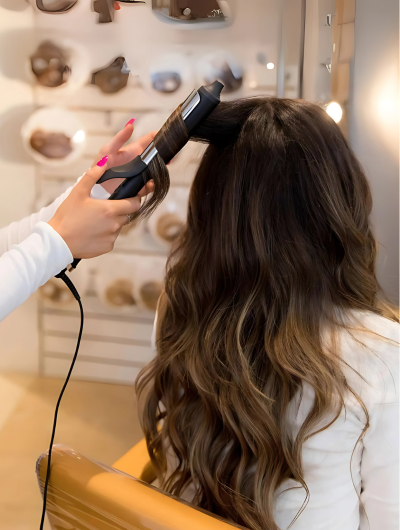
For years, most of us didn’t think too much about where hair extensions came from. You saw a style you liked, your stylist ordered the hair, and that was that. But now, with sustainability and ethics front and centre in so many parts of our lives — from what we eat to what we wear — it’s only natural that we start questioning our hair too.
The truth is, traditional hair extensions can have a pretty big footprint. If the hair is synthetic, it’s often made from petroleum-based plastic fibres that will sit in landfill for decades. If it’s human hair, it might have been sourced in ways that are less than transparent — sometimes even without the donor’s consent or fair payment. Add to that all the chemical treatments, bleaches, and dyes involved, plus the plastic-heavy packaging, and you start to see why people are looking for a greener alternative.

What Does “Sustainable” Actually Mean for Hair Extensions?
When we talk about sustainable hair extensions, we’re not just talking about a nice recycled cardboard box. True sustainability covers the whole picture — from how the hair is sourced to how it’s processed, packaged, and eventually disposed of.
It starts with ethical sourcing. For human hair, that means the donors have given permission and been fairly compensated. Some companies even work directly with communities, turning hair collection into a fair-trade arrangement that genuinely benefits the people involved.
Then there’s the material itself. Some newer brands are experimenting with biodegradable synthetic fibres made from plants instead of plastics. Others are reclaiming hair that would otherwise be wasted — say, from salon floor sweepings — and turning it into new products. It’s clever, it’s innovative, and it’s much better for the planet than simply making more plastic.
And of course, how the extensions are processed matters too. Harsh chemical treatments can damage waterways and ecosystems, so eco-friendly brands try to avoid them wherever possible, opting for gentler, more natural methods. Packaging plays a role as well — less plastic, more recyclable or compostable materials, and reusable storage options make a real difference.
Finally, there’s durability. The longer your extensions last, the fewer you’ll need to buy. That’s not only better for your wallet but also for the environment.
Brands Leading the Way
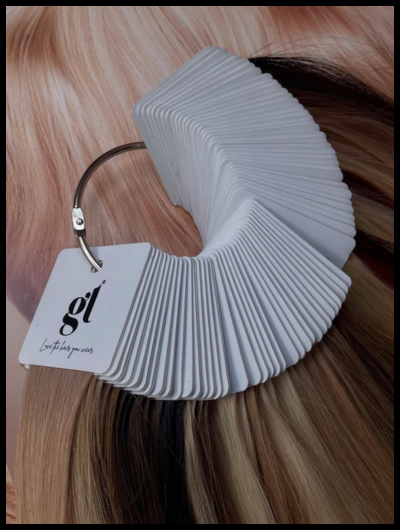
The good news is, sustainability in the hair extensions world isn’t just a pipe dream. A handful of brands are already doing brilliant things.
GL Hair, for example, is a huge name in the industry and has made a big push towards ethical sourcing. They’re transparent about where their hair comes from and work closely with the communities involved, ensuring that everyone in the supply chain benefits fairly.
Sitting Pretty Halo Hair has built its reputation on creating extensions that last and last — over a year with the right care. Their products don’t rely on glue or harsh adhesives, which means less damage to the hair and less waste overall.
Athena Hair takes a slightly different approach, focusing on recyclable packaging and carbon-offset shipping, alongside using 100% Remy human hair. Then there’s Raw Society Hair, a smaller but incredibly passionate brand that prides itself on full traceability and chemical-free processing.
These aren’t the only brands out there doing great work, but they’re proof that sustainable hair extensions aren’t just a trend — they’re a growing movement.

Making Your Extensions Routine More Planet-Friendly
Of course, even the most eco-conscious brand can’t do all the work. How you use, care for, and eventually dispose of your extensions plays a massive part in how sustainable they really are.
One of the simplest changes you can make is to invest in quality over quantity. Yes, it might cost more upfront, but a well-made set of extensions that lasts you a year is far more sustainable than three cheap sets that only survive a few months each.
It’s also worth thinking about how your extensions are attached. Tape-ins, micro-rings, and clip-in hair extensions can all be reused multiple times if they’re well cared for. Bonded methods, on the other hand, often mean you can’t reuse the hair — so they create more waste.
Once you’ve got your extensions, be gentle with them. Wash them only when necessary, using sulphate-free, biodegradable shampoos. Spot-clean between wears instead of dunking them in water every time. And if you can, skip the hairdryer and let them air dry — it’s better for the hair, uses less energy, and gives them a longer life.
When it comes to storage, ditch the plastic bags and keep them in a silk or organic cotton pouch. And when they’ve finally reached the end of their life, look for donation or recycling schemes. Some charities will turn old extensions into wigs for people experiencing medical hair loss, while certain brands will recycle worn hair into completely new products.
Can Hair Extensions Ever Really Be Eco-Friendly?
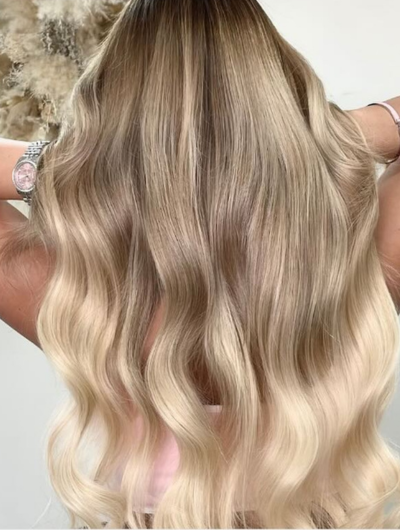
Some people will tell you that hair extensions, by nature, can never be sustainable because they’re an “extra” product — something we don’t technically need. And in a way, that’s true. But the same argument could be made about fashion, make-up, or even jewellery.
The reality is, people are always going to want to enhance their hair. The question is whether we do it in the most responsible way possible. Choosing sustainable hair extensions — ones that are ethically sourced, built to last, and packaged thoughtfully — is a way of enjoying beauty without turning a blind eye to its impact.
It’s about making better choices, not pretending we can all be perfect.

Salons Have a Big Role to Play
If you get your extensions fitted in a salon, your stylist can make a huge difference to how sustainable your hair journey is. More salons are starting to partner with eco-conscious suppliers, use low-tox adhesives, and even run recycling schemes. Some go further still, adopting zero-waste practices, composting hair clippings, and running on renewable energy.
It’s always worth asking your stylist about their suppliers and whether they offer re-fitting for extensions instead of replacing them outright. That one question alone can save a lot of unnecessary waste.
Looking After Your Extensions the Green Way
If you’ve made the switch to sustainable hair extensions, it makes sense to treat them with care. Brush them gently with a loop or soft-bristle brush, avoid scorching them with too much heat, and deep condition them with plant-based products.
Limit how often you use styling products, because they build up over time and mean you’ll need to wash your extensions more frequently. And when you do wash them, keep the water lukewarm — it’s kinder to the hair and saves energy.
A bit of TLC can turn a good set of extensions from a trusted hair extension supplier into a great investment, giving you more wear for less waste.
The Future Looks Promising
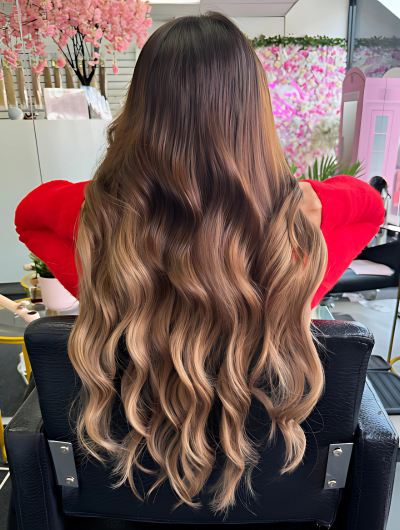
It’s exciting to see the hair industry waking up to sustainability. We’re already seeing biodegradable synthetic fibres starting to appear, take-back schemes from some salons, and even early experiments with blockchain to trace hair from donor to wearer.
And if consumer demand keeps growing, there’s no reason why eco-friendly could become the default. In a few years, “sustainable hair extensions” might not even be a separate category — they’ll just be hair extensions, full stop.

Final Word
Switching to sustainable hair extensions doesn’t mean sacrificing style or glamour. It’s about taking the look you love and making it better — for you, for the people who supply it, and for the planet.
Every time you choose an ethical brand, reuse your extensions instead of replacing them, or care for them so they last, you’re casting a vote for a different kind of beauty industry — one that’s fair, transparent, and future-friendly.
In the end, your hair can still be fabulous — it just doesn’t have to cost the earth.
FAQ
What are sustainable hair extensions?
Sustainable hair extensions are made with the environment and ethics in mind. They’re usually sourced from donors who are paid fairly, processed without harsh chemicals, and packaged in eco-friendly materials. Some brands even use biodegradable or recycled fibres to reduce waste.
Are human hair extensions more eco-friendly than synthetic ones?
Not always. Human hair can be sustainable if it’s ethically sourced and processed with minimal chemicals. However, some synthetic options are now made from biodegradable plant-based fibres, which can be better for the planet than poorly sourced human hair.
How long do sustainable hair extensions last?
With proper care, high-quality sustainable hair extensions can last anywhere from 6 months to over a year, depending on the attachment method and how often you wear them. The longer they last, the less waste you create.
Can I recycle my old hair extensions?
Yes, in some cases. Some brands and charities accept donated hair for wigs, while others recycle worn extensions into new products. Check if your supplier or salon has a take-back or recycling scheme.
Are sustainable hair extensions more expensive?
They can cost a bit more upfront because of the ethical sourcing and quality materials involved. But since they often last longer, you may end up saving money in the long run.
How do I care for sustainable hair extensions?
Wash them only when needed with sulphate-free, biodegradable shampoo, avoid excessive heat styling, and store them in a silk or cotton pouch. Gentle care helps them last longer — and that’s the most sustainable thing you can do.

